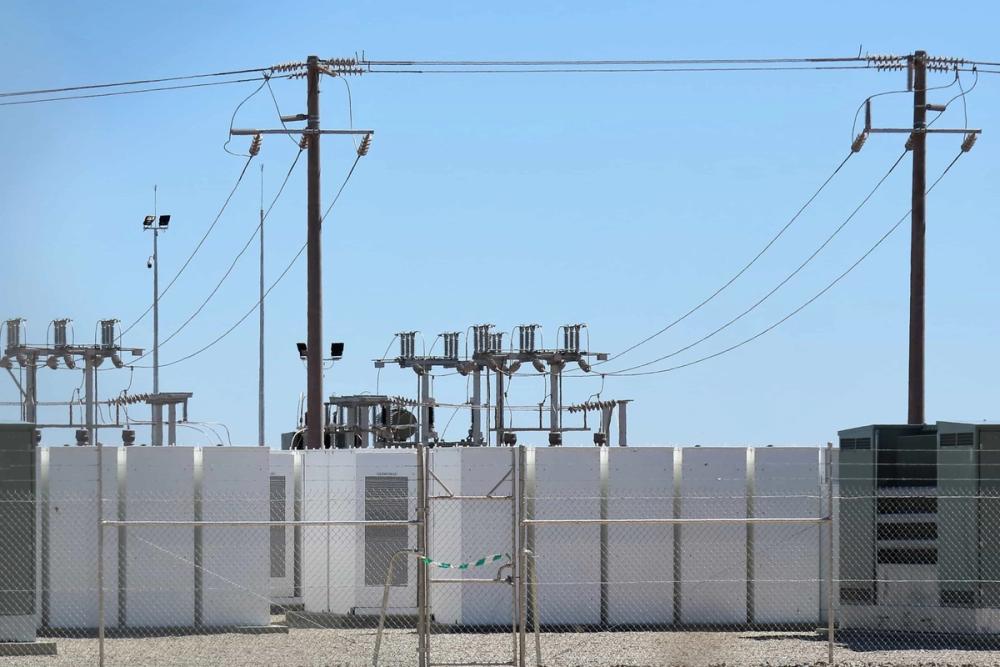Who Can Benefit From Renewable Energy Projects?

Renewable energy projects have gained widespread attention and adoption in recent years, and for good reason. They offer numerous environmental, economic, and social benefits.
The shift towards renewable energy sources like solar, wind, and hydroelectric power has the potential to transform our energy landscape and create a more sustainable future.
In this article, we will explore who can benefit from renewable energy projects and how they contribute to a greener and more prosperous world.
Individuals and Households
Renewable energy projects provide individual homeowners and households with a chance to reduce their carbon footprint and lower their energy bills.
Residential solar panels, for instance, allow homeowners to generate their electricity, saving them money on utility bills and reducing their reliance on fossil fuels.
High Energy Businesses and Corporations
Businesses are increasingly turning to renewable energy sources to power their operations. Transitioning to renewables not only aligns with corporate sustainability goals but can also result in significant cost savings over time.
Many companies are investing in on-site solar installations, wind farms, and other renewable projects to power their facilities. This means that there is a much higher demand for these sorts of systems in order to reduce energy consumption for businesses that need these numbers reducing.
Utilities and Energy Providers
Utilities and energy providers are integrating renewable energy into their portfolios to meet renewable energy mandates and reduce carbon emissions.
By using a diverse range of energy sources, they can ensure a more stable and sustainable energy supply for their customers.
Local Governments
Local governments play a crucial role in promoting and benefiting from renewable energy projects. Much of the future of sustainability will depend on how local governments across the world handle this pressing situation.
They can invest in renewable energy infrastructure, create incentives for renewable energy adoption, and reduce greenhouse gas emissions, leading to cleaner and more resilient communities.
Investors and Financial Institutions
Renewable energy projects have become attractive investment opportunities. Investors and financial institutions can benefit from stable, long-term returns while supporting the transition to clean energy.
They can invest in renewable energy projects directly or through renewable energy funds and portfolios.
Farmers and Landowners
Farmers and landowners can lease their land for renewable energy projects, such as wind turbines or solar arrays, providing them with an additional income stream.
These projects can also help diversify their revenue sources, making their agricultural operations more financially sustainable.
Manufacturers
One of the most significant benefits for manufacturers is cost reduction. Renewable energy sources, such as solar and wind power, offer a stable and often lower-cost source of electricity compared to fossil fuels.
Manufacturers can save money on energy bills, especially when they generate their renewable energy through on-site installations like solar panels or wind turbines.
By generating their electricity from renewable sources, manufacturers can reduce their dependence on traditional energy providers and the volatility of fossil fuel prices.
This energy independence provides stability in energy costs and reduces the vulnerability to supply disruptions.
Using renewable energy can help manufacturers meet environmental regulations and reduce their carbon footprint.
Many governments are implementing stricter emission standards, and manufacturers that use renewable energy can achieve compliance more easily while contributing to sustainability goals.
Manufacturers that incorporate renewable energy into their operations often enjoy a more positive public image. Consumers and stakeholders increasingly prefer eco-friendly products and practices, which can enhance a company's brand and reputation.
Communities
Community-based renewable energy projects empower local communities to generate their clean energy.
These projects can reduce energy costs for residents and provide jobs and economic benefits to the community. They are particularly valuable for low-income groups who may struggle with high energy bills.
Job Seekers and the Workforce
The renewable energy sector offers a wide range of job opportunities across various disciplines, including engineering, construction, project management, research and development, sales, marketing, and more. Job seekers can explore roles that align with their skills and interests.
These projects are on the rise globally as countries aim to transition to cleaner energy sources. This growth translates into a steady demand for skilled workers, providing job security and opportunities for career advancement.
As renewable energy technologies continue to advance, job seekers with backgrounds in science and technology can find exciting roles in research and innovation. This includes developing more efficient solar panels, wind turbines, and energy storage solutions.
Working in renewable energy allows job seekers to contribute to a sustainable future by reducing greenhouse gas emissions and mitigating the impacts of climate change. Many people find fulfilment in knowing their work is environmentally responsible.
The Environment and Future Generations
The most prominent environmental benefit of renewable energy projects is the significant reduction in greenhouse gas emissions, particularly carbon dioxide (CO2).
Unlike fossil fuels, renewable energy sources like solar, wind, and hydroelectric power generate electricity without emitting CO2, which is a major contributor to climate change.
Renewable energy sources produce little to no air pollutants, such as sulphur dioxide (SO2) and nitrogen oxides (NOx). By reducing the burning of fossil fuels for electricity generation, renewable energy projects help improve air quality and reduce the health risks associated with air pollution.
Traditional power plants, especially coal and nuclear facilities, require vast amounts of water for cooling and operation. Renewable energy technologies generally use significantly less water, helping to conserve this valuable resource and protect aquatic ecosystems.
Renewable Energy Projects With Balance Power
Balance Power is at the forefront of renewable energy projects, driving innovation and sustainability. Our commitment to renewable energy technologies, such as solar and wind power, helps create a cleaner and more sustainable energy landscape.
They actively contribute to the benefits listed above, including reduced emissions, cost savings, and job creation.
Renewable energy projects offer a wide range of benefits to diverse stakeholders, from individuals and households to businesses, governments, and the environment itself.
The transition to renewable energy is a necessity as we strive for a more sustainable, resilient, and prosperous future.
By recognising who can benefit from renewable energy projects and actively supporting their development and adoption, we can collectively accelerate the transition to a cleaner and more sustainable energy ecosystem, ensuring a better world for all.
Our private wire networks are the perfect solution for high-energy businesses. We can help to improve your ESG score, reduce your carbon footprint, eliminate your reliance on fossil fuels and the national grid, and improve your reputation. Contact us today to discuss green energy projects for your business.



